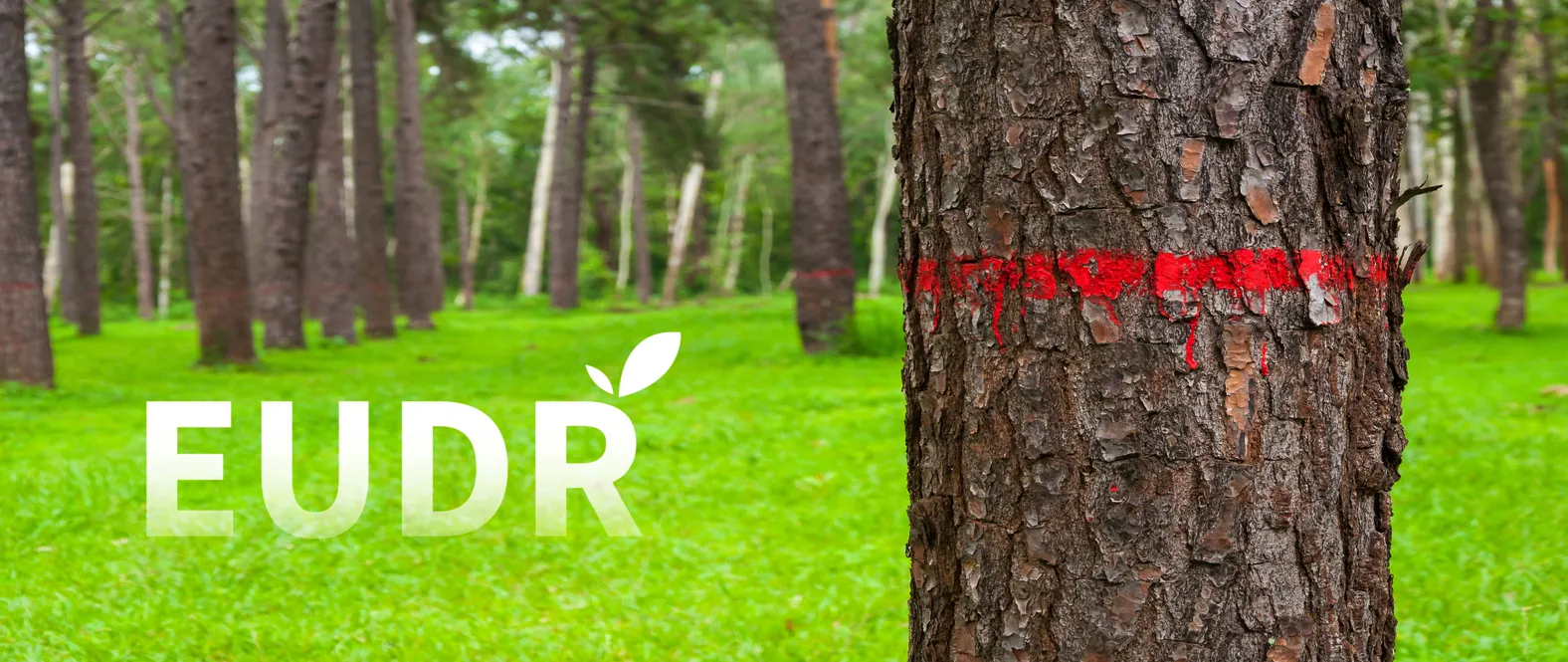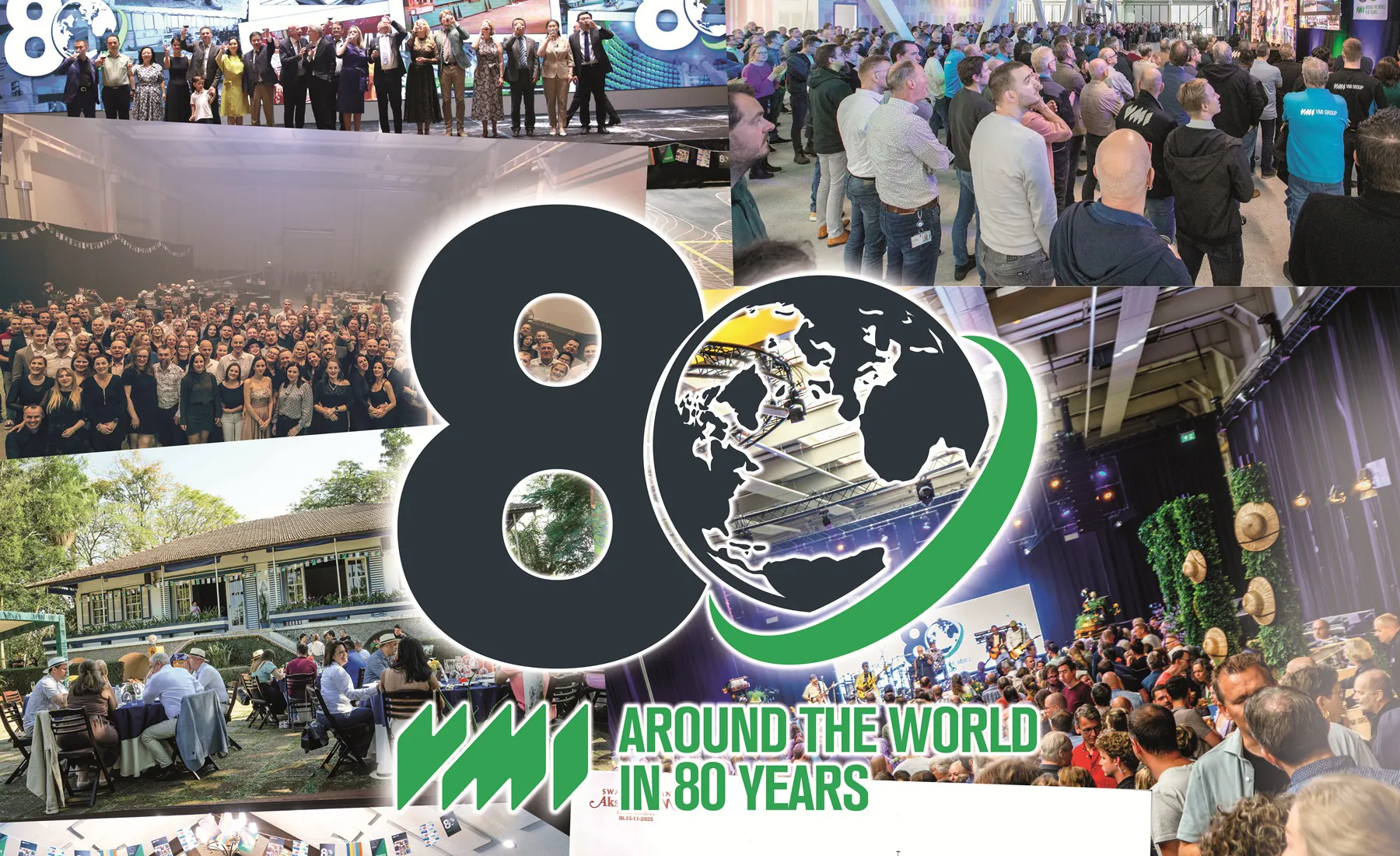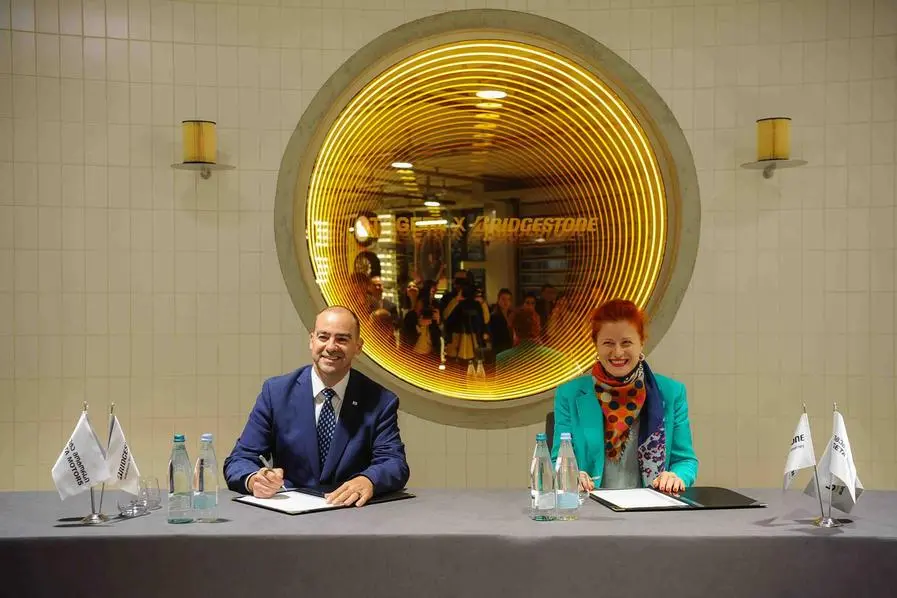“Environmental protection and sustainability awareness are topics that we owe to future generations,” says Stefan Mayrhofer, Managing Director of KRAIBURG Austria. For this reason, the company has always strived to act in an environmentally responsible manner and has developed an extensive ecology strategy for which it was awarded the EMAS certificate three years ago.
New Environmental Recognition for Kraiburg
The overall goal is to improve environmental performance with a focus on the consumption of energy, raw materials and resources as well as the avoidance or reduction of emissions and waste. With the goal of reducing CO2 emissions to zero, the company is pursuing the Science Based Targets (SBT) Initiative, a solution which defines emission reduction targets for companies. As one of the first in the retreading branch, Kraiburg claims considerable success has already been achieved, with the SBT Initiative confirming that the goals submitted by the company comply with their criteria and recommendations. KRAIBURG Austria has therefore been classified as a company as in line with a 1.5° C path.
Kraiburg is now obliged to reduce the absolute greenhouse gas emissions (GHG emissions) of electricity, gas and fuel by 68.8 per cent by 2031 in relation to the reference year 2019. At the same time, the aim is to reduce the GHG emissions from purchased goods and services as well as from transport by 30 per cent over the same period. “We are delighted that our submitted concept has been approved by the SBTi”, Gerold Schachner, Sustainability Manager at KRAIBURG Austria said. “We have developed the goals and measures deliberately over about a year and are now eagerly proceeding with the implementation of the various, necessary steps.”
The SBTi has become an important platform for supporting companies in their efforts to reduce greenhouse gas emissions and to ensure that their goals are scientifically sound and satisfy global climate goals. Companies which commit themselves to the SBTi contribute to combating climate change and limiting global warming to a safe level.
“The concept of the SBTi convinces us in all its details,” added Gerold Schachner. “The initiative also takes the individual circumstances and business models of the respective organisation into consideration in the evaluation and therefore sets realistic goals. We will therefore be able to put these into practice by 2031 and make a sustainable contribution to protecting the environment.”







